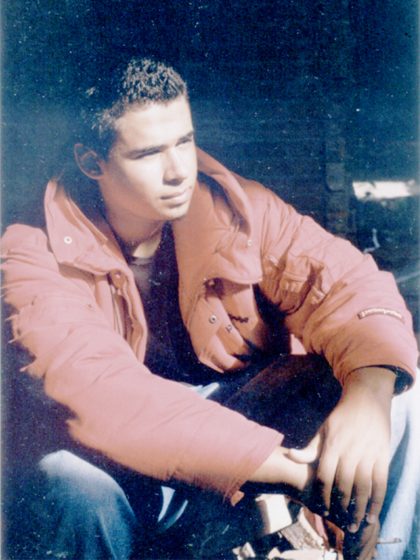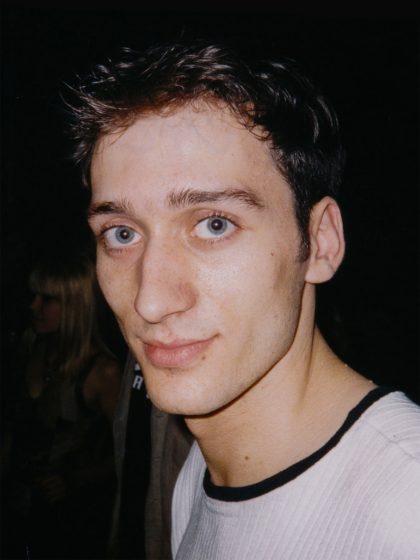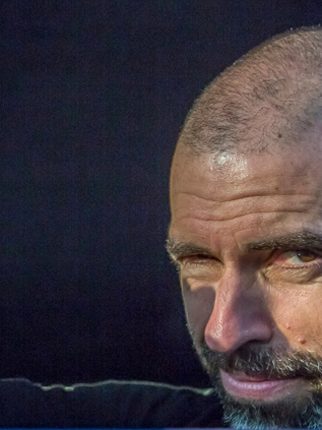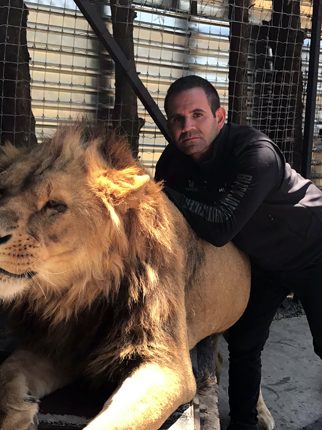The Night I Fell in Love With Dance Music: Armand Van Helden
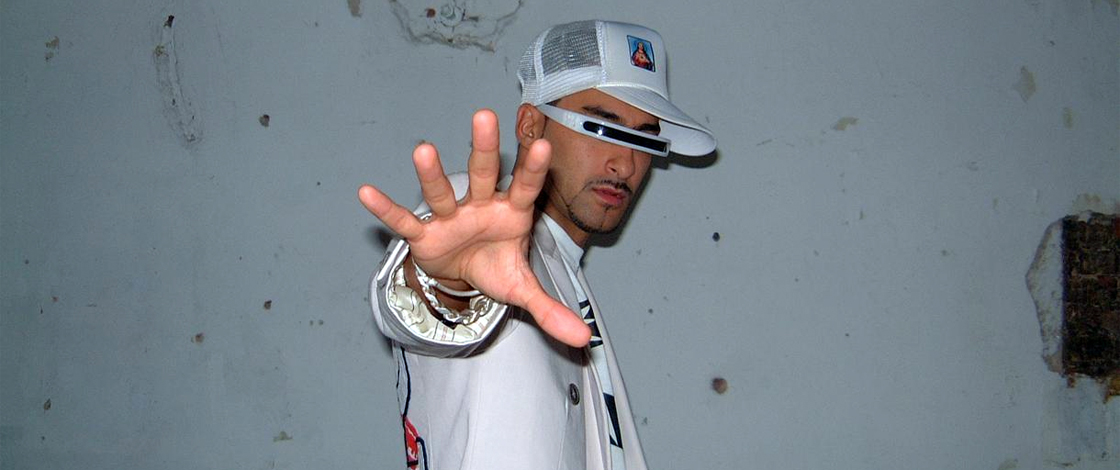
Armand Van Helden is one of those artists with an almost intimidatingly robust catalog. Pushing out house classics since the early ‘90s, the Boston-bred producer is responsible for seven albums and hundreds of remixes and singles, including “The Funk Phenomena,” the forever ecstatic “My My My,” and his still goosebump-inducing 1996 remix of Tori Amos’ “Professional Widow.” With his 2009 side project Duck Sauce, Van Helden performed alongside fellow East Coast all star A-Trak, pumping out deliciously goofy, high-energy house music (they earned a 2012 Grammy nomination for their single “Barbra Streisand”). A collection of his own greatest hits was released in 2008, and earlier this year, Defected Records released his contribution to their venerable House Masters series.
The Funk Phenomena
My My My
Professional Widow
Barbra Streisand
But while Van Helden has secured his spot in the house canon, there was a time when he didn’t even like the genre. As a kid, Van Helden was a sneaker-obsessed hip-hop head. He had his first musical epiphany at the age of 12, when he heard Afrika Bambaataa’s “Planet Rock” while hanging out at a neighborhood basketball court. By the time he was 13, he had saved up enough money to buy a drum machine. This taught him the fundamentals of programming. He didn’t know it then, but these skills would eventually serve him well.
Planet Rock
Van Helden’s second epiphany came when he was a broke 18-year-old student at Boston’s Bunker Hill Community College. Working in a milk factory when he wasn’t at school, Van Helden lived for the weekends. In the winter of 1988, he ended up at a sweaty warehouse party. It was here that he first experienced the power and glory of house music.
Here, in his own words, Van Helden tells the story of the night he fell in love with house music.

One night, a friend of mine goes, “Hey, let’s go to this after-hours, this underground thing.” All the clubs in Boston ended at 2am. I was like, “Okay, sure.” I had heard of house music maybe a year or two before that. People had been like, “Hey, have you heard of house music?” and I was like, “Yeah, I don’t like it because the beat never changes.” It was the same beat, the kick drum kind of just repeating; it didn’t break up like it did in hip-hop or freestyle. I kind of pushed it off to the side, but I hadn’t experienced it.
So, I went to this club in Boston called Club M. This was winter of 1988. It was cold. I remember showing up to the place, and steam was coming out of the windows. I’m dead serious. It looked like an abandoned warehouse with steam coming out of the windows. I was like, “What is this place?” You had to walk up a kind of fire escape to enter.
We walked in, and it was dark. There were maybe a couple lights, a strobe, and a tiny disco ball. The place was steaming hot, and maybe 98 percent black. I obviously can’t pass for black, and my friend was Puerto Rican, so we kind of stood out in a sense, but he had been there before, so people knew him. There wasn’t any racial beef anyway, but if you go to something that’s all one race, you tend to feel out of your element, in a sense. There were definitely no white people. Everyone was black, with a few Spanish people.
It was full-on house music, and the room was mostly dancefloor. There was really nowhere to sit at all. There was a water and juice bar, but no alcohol. People were just packed in this place, screaming and yelling and pulling on their hair, sweating, with barely any clothes on. This is the middle of winter. It’s like I had gone into some other dimension. It was like, I thought I knew about life, and all of a sudden this door opened, and I came into this thing like, “What is going on here.”
The DJ that was spinning was named G-Day Max. The sound system was decent. I think when I came in, the song was literally “French Kiss” by Lil Louis. It’s a song where the tempo slows down, and everybody was on the floor like in an orgy, but not, just kind of slithering and squirming over each other on the floor, rolling around on the floor, switching partners. It wasn’t like people humping out of nowhere, it was more artsy. It was crazy. The beat then kind of came back to the regular tempo, and everyone screamed. Every person in there made some kind of vocal reaction to the music. It wasn’t just cheering; everyone had their own unique kind of bird call. I can’t explain it better than that. It was the oddest thing. You would see guys not even dancing, but just grabbing on their dreads and yanking their heads down because they loved the music so much. I had never experienced anything like it.
For me, coming from hip-hop, which was more of a party thing through the ‘80s, this was like being taken to a cult and experiencing some kind of spiritual thing. When people say house music is a spiritual thing, I understand the concept. It was this communal, crazy thing that I experienced, and it changed me for life. I immediately got into house music and wanted to put more of it into my life. Obviously, I found more places to go and started to hang out with that crew, and those types of people became my friends, and then I started to produce it. If it wasn’t for that day, I don’t know where I’d be.
Follow Armand Van Helden on Facebook | Instagram

